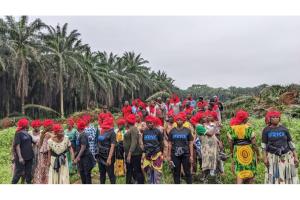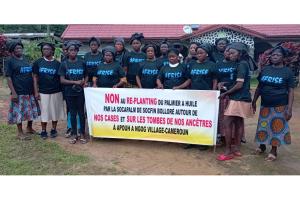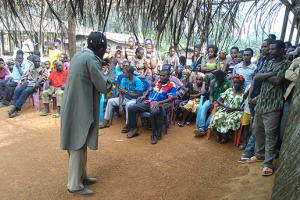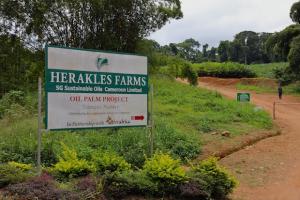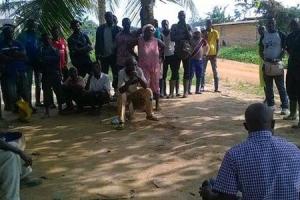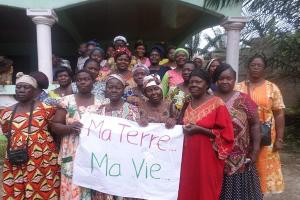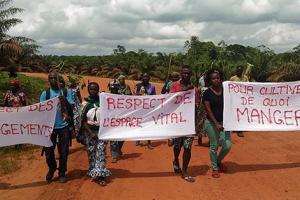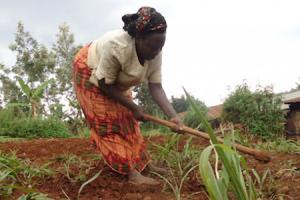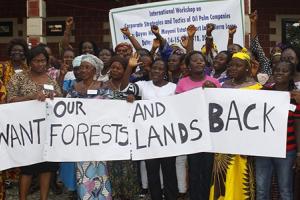Palm Oil
The oil palm tree is native to West Africa. It is an important tree for forest-dependent communities, their cultures and their economies. However, large-scale oil palm monocultures for industrial production (oil and agrofuels) have been driving deforestation and land grabbing in Southeast Asia. More recently, oil palm monocultures are also driving destruction in Africa and Latin America.
Communities in West and Central Africa are facing the impacts of industrial oil palm plantations. With the false promise of bringing ‘development’, corporations, backed up with government support, have been granted millions of hectares of land for this expansion.
Patriarchal oppression is inseparable from the industrial plantation model, and it is at the base of how companies generate profits. Companies target women, including due to their fundamental role in community life.
Why haven't Africa's post-colonial governments dismantled the colonial plantation model of exploitation and extraction, returned the lands to their people and emboldened a resurgence of Africa's diverse, local food and farming systems?
An interview with the activist Nasako Besingi. He organized communities in their protests against US agribusiness Herakles Farm’s palm oil plantations. Due to this engagement, he has been the victim of Herakles Farm and government physical attacks, intimidation and criminalization. (Available in Swahili).
The oil palm company Socapalm in Cameroon plans to renew its ISO 14001 certification, which expired in 2017. We expose the company's attempts to cover up the destruction caused to the communities and the environment
From rapes, forced body searches and searches of private spaces, to the risk of losing their lives: this article calls on us not to be accomplices to the violence women living around tree plantations in Cameroon suffer.
A woman from the village of Mbonjo 1, Cameroon, which has witnessed the impact of industrial palm oil plantations and the constant presence of the military, calls for international solidarity and protection of right to life and freedom.
Covered under the shade of oil palm companies in Cameroon: A recount of the abuses that women suffer
Plantations are increasingly surrounding and engulfing communities. Women must walk through company-occupied lands in order to seek their livelihoods. This, among other things, can cost them their lives.
